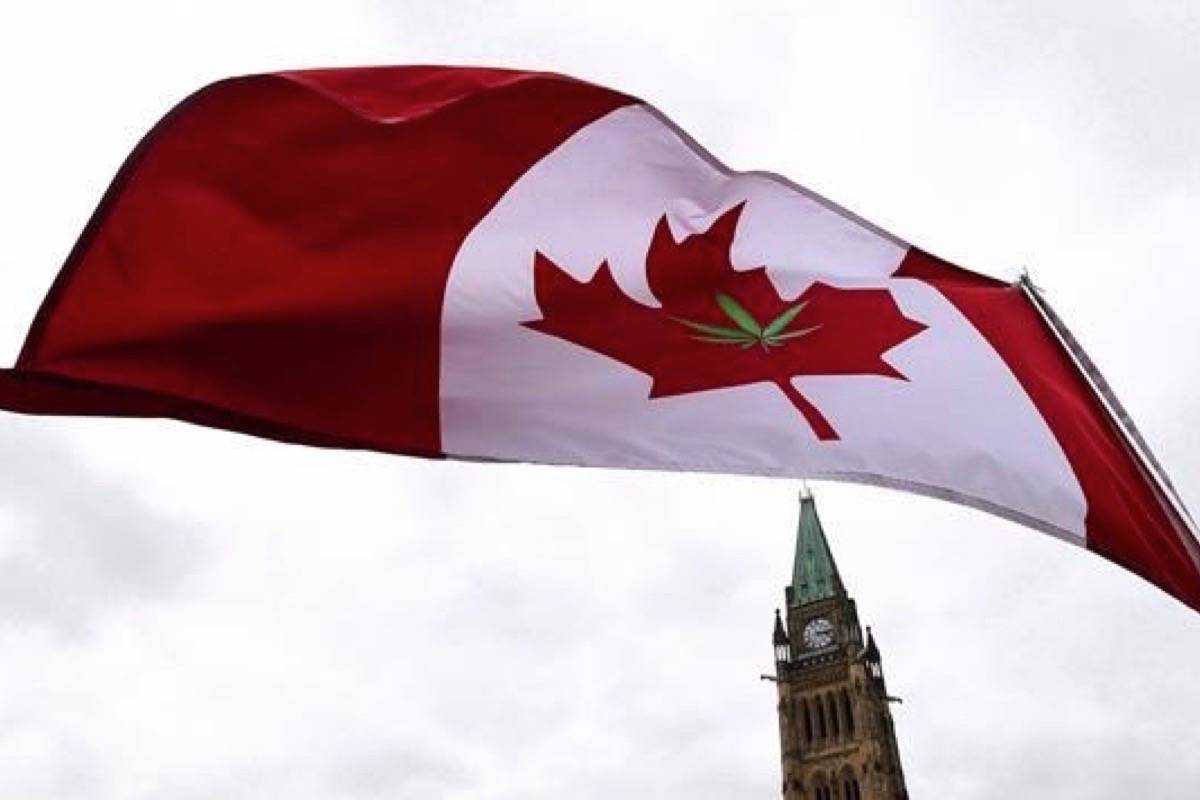Canadians will have to wait until at least early August — and maybe as late as early September — to legally purchase recreational marijuana.
That’s the bottom line now that senators have struck a deal to hold a final vote by June 7 on the legislation that will usher in the legal cannabis regime.
Assuming Bill C-45 is passed by the Senate, royal assent would then follow immediately.
Health Minister Ginette Petitpas Taylor has said provincial and territorial governments will need eight to 12 weeks following royal assent to prepare for retail sales.
The Trudeau government had been aiming for legalization in July but the Senate timetable now means legal pot won’t be available for purchase until at least early August, and possibly not until a month later.
As part of the deal struck by Sen. Peter Harder, the government’s representative in the Senate, with other Senate factions, initial debate on Bill C-45 will continue until March 22.
That’s three weeks beyond the deadline Harder announced earlier this week, when he threatened to move a motion to cut off second reading debate if senators didn’t agree voluntarily to end it by March 1.
However, the additional three weeks includes a two-week parliamentary break so, in reality, senators will get just an extra three days of debate.
RELATED: Legal marijuana on track for July but getting pot into stores could take longer
Nevertheless, the extra time was touted as a victory by Conservative senators, whom Harder had feared were intending to obstruct passage of the bill.
“I am pleased to say that we secured time that will allow the Senate to have a thorough evaluation on the marijuana legislation,” Conservative Senate leader Larry Smith said in a statement.
“The Official Opposition in the Senate has been clear from the beginning, we want to review the wide ranging concerns and voids in this legislation, instead of rushing this through only for the sake of a political deadline set by the Trudeau government.”
After second reading, the bill will be sent to five different Senate committees to examine different aspects of the legislation before returning to the Senate for a final debate and vote by June 7.
“This should give stakeholders, governments, business, law enforcement agencies and other Canadians a timeline for how and when the bill will be ultimately dealt with by the upper chamber,” Harder said in a statement.
The Canadian Press



